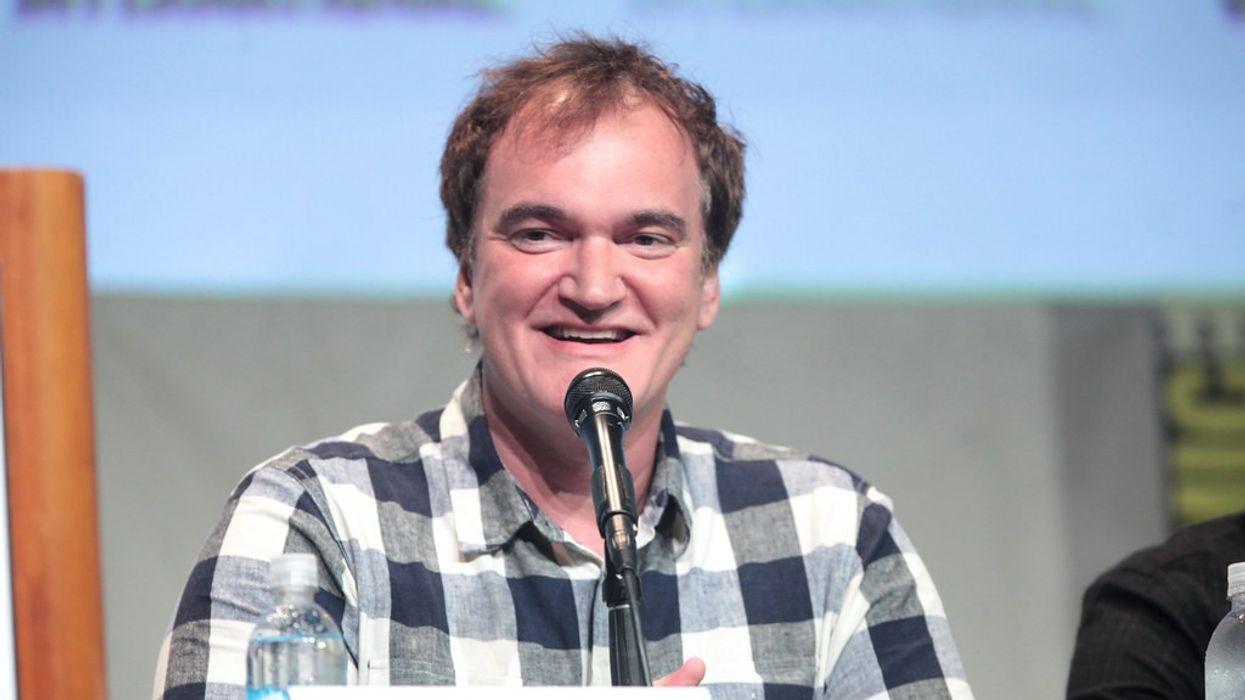'Dark Horse' Reddit AMA with Ted Hope, Plus Why Film Looking Forward is DRM-Free

Once again, here's the trailer for Dark Horse, followed by a reel of Ted Hope-produced films (NSFW language):
Here are some of the highlights of the Dark Horse AMA, featuring Mr. Hope as well as stars Jordan Gelber and Selma Blair:
Night_Bus_Pirate: Hi Ted. I used to work in print advertising, and was the person responsible for executing the Canadian print campaigns for most of your films until 2008 - films such as Happiness, 21 Grams, The Bedroom and The Ice Storm. With very little advertising budget to work with, your ad dollar was mostly spent on print, specifically in the local alternative weekly publications. With print now effectively being a dead medium for film advertising, how are you getting the word out about your films? Do you feel that advertising via social media is effective or largely ignored as background noise?
DarkHorseFilm: (Ted:)When there is an actual engaged community I do believe social media has a real impact -- but it can never be a one way conversation. Activity beyond notification has to be executed. We need engagement specialist who work with filmmaking/marketing teams to actually create new elements... I also think you can't just rely on digital marketing as it communicates a lack of urgency. This happened on SUPER. I think we needed a more traditional campaign to merge with the online one.
DarkHorseFilm: What was so beautiful about newspapers was that most people bought them for the horoscopes, felt connected to the world at large, and then stumbled upon things like revolution in the middle east and cool movies like Dark Horse, Starlet, & Holy Motors.
The collapse of print has been devistating to art film in particular. Indie worked as a business model when you did not have to spend so much to get attention but could rely on the critics to drive people to the theater.
KingHippoX: Hi Ted,
Do you think that independent film has a future in today's market? Why did you choose to leave full-time producing?
DarkHorseFilm: I think this the best time ever for making and distributing ambitious and diverse work. We have to however develop new best practices for working in an era of abundance, access, and distraction. The infrastructure and practices need severe rebuilding. I think this can best be done from the not-for-profit world. Indie film has given me so much (including my wife!) that I felt it was time to give back. And it was urgent to do so. How often are you offered the opportunity to change your life by saving what you love?
There's a huge amount of great material I simply don't have the space to include, so be sure to check out the full AMA on Reddit. In closing, and building upon many of the forward-looking mentality established in the AMA, here's a few of the points Ted brings up in his recent blog post explaining why you should release your films DRM-free:
- The only people who lose with DRM are your customers. Why hurt people who have already given you money?
- Giving customers the option of DRM-free shows you trust and respect them, and want them to enjoy your work with the least restriction possible. This is a critical part of positively building your audience.
- DRM-free files are the most compatible, and can be played flawlessly on any device, any platform, and anywhere in the world. It’s also much easier to implement features like subtitles and commentary tracks using available open standards.
A lot of these considerations -- the blending of old and new media for personal branding or project-specific exposure, embracing the open and share-happy nature of the internet, and proving to your audience you're not just about making back your buck -- go hand in hand, so again, be sure to check out all the incentives for avoiding DRM encodings/releases from here on out at Hope For Film, as well as the full Dark Horse Reddit AMA.
Links:











